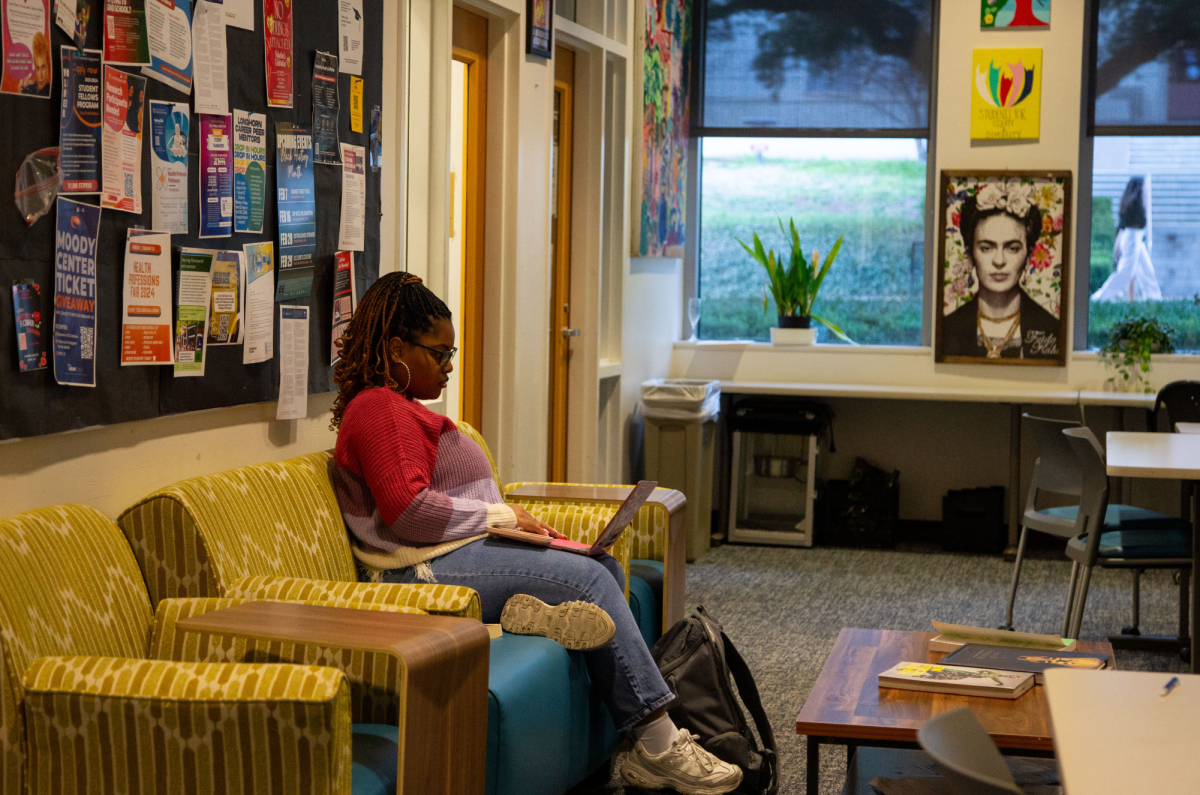Cheating and plagiarism rates on the 40 Acres may actually be on the rise despite reports that plagiarism violations are declining.
Student Judicial Services releases reports for disciplinary cases each academic year. From the 2007-08 report up to the last released report in 2010-11 the number of plagiarism violations decreased from 164 to 85.
However, the decrease in the number of plagiarism violations at UT contradicts many reports, including a Pew Institute study in which a survey of college presidents said that plagiarism in students’ papers increased to high levels over the past 10 years.
Jason Thibodeaux, assistant director and coordinator of student outreach, said contrary to the reported rates for UT, he is unsure if there has been an actual decrease in plagiarism violations on campus.
“I think it’s just more of a matter that we’ve changed how we classify things a little bit,” Thibodeaux said. “I think a lot of them have been shifted to the cheating category because we do see a lot more of the copying of other students work or other students’ prior work as opposed to just copying from published resources.”
In the four-year time span from 2007 to 2011, the number of cheating violations reported by Student Judicial Services rose from 87 to 191, while the number of reported plagiarism violations decreased.
“There is some overlap with those two things. That might be why the numbers might look a little misleading,” Thibodeaux said. “Basically it is a reflection of the kind of cases that we’re seeing, but it also, I think, can be misleading because it gets caught up in the nuance of how things are classified.”
Management senior Reggie Walker said students who violate academic integrity regulations affect professors, administrators and others in the classroom.
“Plagiarism is immoral and unethical overall,” Walker said. “It not only [keeps] an individual from earning a valuable education, but can become a bad habit. It affects the learning process and inconveniences the professor by requiring time from their schedule to file documents and reports on the student who is plagiarizing.”
In an attempt to decrease cheating and plagiarism violations, some professors, including history lecturer Penne Restad, create assignments for their students that have not previously been assigned.
“There wouldn’t be an assignment of a 10-page paper on the Battle of Bunker Hill because someone else has already written 10 pages on the Battle of Bunker Hill,” Restad said. “I’m increasingly more interested in how students analyze things. I’m looking for certain qualities that we’ve been talking about in class that have to do with analysis.”
Even with the assignments Restad produces, she has still encountered students under pressure who cheated or plagiarized.
“From the students I talked to and the reports I read, it seems like there is so much pressure to succeed and that there is competition coming from every angle,” Restad said. “So I think probably students sometimes have greater moments of panic. What I am trying to do is find assignments where the temptation is not there to cheat or plagiarize, or the temptation is certainly lowered.”
Published on February 22, 2013 as "Cheating and plariarism may be on the rise at UT".




















